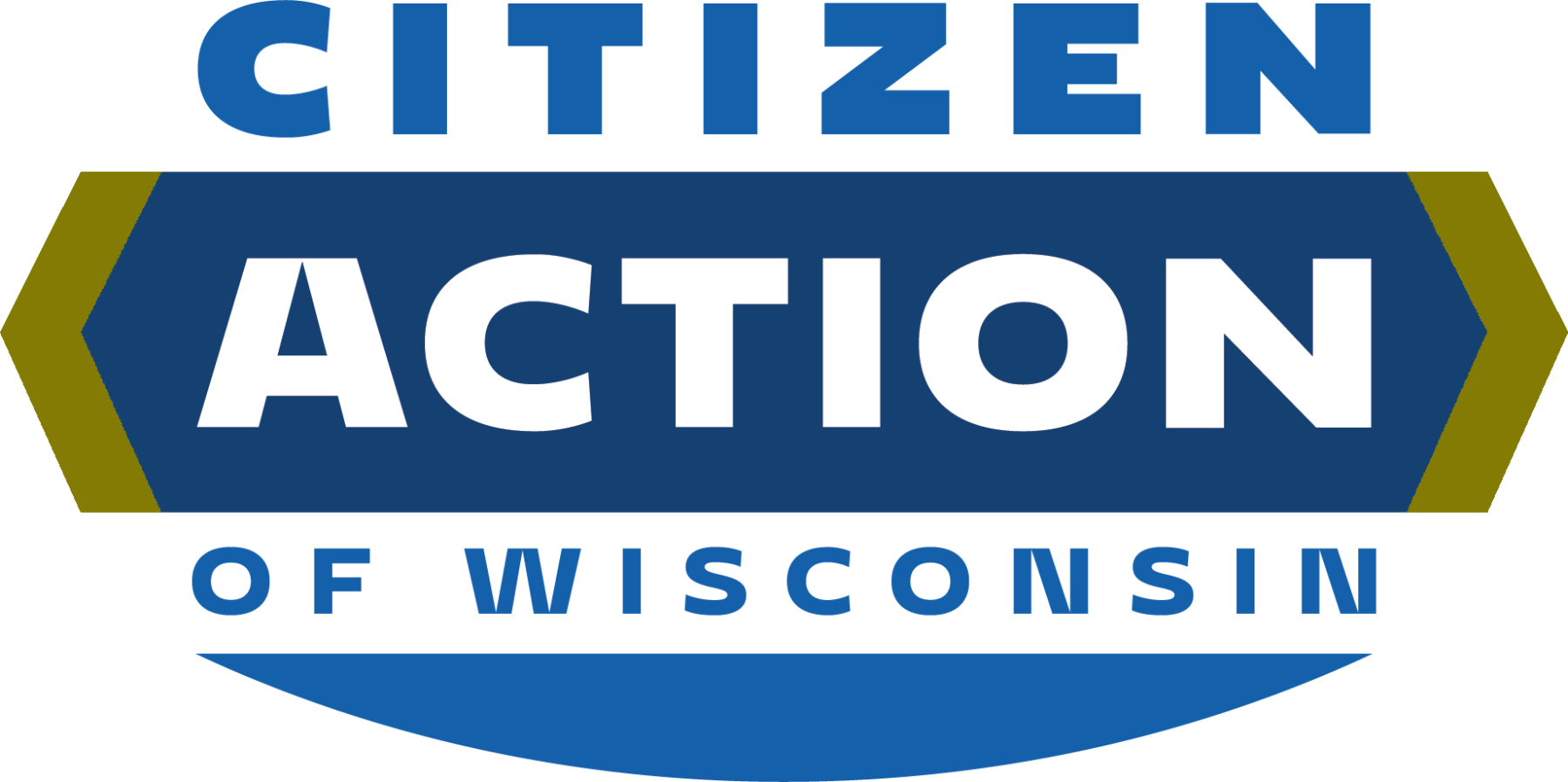Over 1.6 Million Wisconsinites to See Referendum on BadgerCare Funding on November Ballot
Today the Milwaukee County Board approved placing an advisory referendum on the November ballot asking voters whether the State of Wisconsin should accept enhanced federal funds for BadgerCare.
Statewide: Today the Milwaukee County Board approved placing an advisory referendum on the November ballot asking voters whether the State of Wisconsin should accept enhanced federal funds for BadgerCare rejected by Walker and conservatives in the Legislature. Milwaukee is the 3rd county to adopt this referendum, following Dunn and Eau Claire counties, with more closely following.
Dane county’s referendum is scheduled for July and already has been co-sponsored by two thirds of the board. Together these referenda will be on the November county ballots of over 1.6 million Wisconsin residents,or about one out of four state residents.
Many Wisconsin counties have strongly supported taking the enhanced Medicaid money offered by the Affordable Care Act. Last year 20 counties took legislative action calling on the state to change course and accept enhanced BadgerCare funding, a position also taken up by the Wisconsin Counties Association. When their request was ignored by the current administration, leaders from 20 counties sent a letter to the state’s Department of Health Services requesting the power to accept the federal funding within their own borders, as has been allowed in other non-expansion states. Milwaukee County is following Eau Claire and Dunn counties to ask citizens directly whether Wisconsin should have accepted the federal funds for BadgerCare.
The negative impact of rejecting these federal funds is particularly devastating at the local level. With fewer people guaranteed access to affordable health coverage, uncompensated care costs will remain high in local hospitals and county-supported clinics, forcing cost-shifting to county-budgets, consumers and taxpayers. And as the unit of government closest to the people, the human toll of this decision is readily apparent. If Wisconsin were to accept enhanced federal Medicaid funds for BadgerCare, 84,700 Wisconsin residents would gain access to BadgerCare, bringing in over $2.4 billion into the state’s economy by 2021. See the county by county breakdown here.
Rejecting federal money is costing both taxpayers and consumers more, while covering fewer lives. Wisconsin is losing out on up to $1 million a day in federal funds for BadgerCare. Health care advocates believe many working families kicked off BadgerCare will not be able to afford increased co-pays and deductibles. Citizen Action of Wisconsin recently reported that deductibles alone will increase by an estimated $26 million dollars for those being denied BadgerCare by Governor Walker.
“In November voters in numerous counties will have the opportunity to send a clear message to the Governor and Legislature about the importance of guaranteeing affordable access to health care for everyone in Wisconsin,” said Kevin Kane, Lead Organizer of Citizen Action of Wisconsin.
NOTE: This press release was submitted to Urban Milwaukee and was not written by an Urban Milwaukee writer. While it is believed to be reliable, Urban Milwaukee does not guarantee its accuracy or completeness.
Mentioned in This Press Release
Recent Press Releases by Citizen Action of Wisconsin
Milwaukee Public Town Hall on Health Care Crisis
Jan 29th, 2026 by Citizen Action of WisconsinLegislative solutions will be discussed
Citizen Action Praises Advances in Health Care in Evers Budget; Calls for Use of Veto Power to Force the Issue
Feb 18th, 2025 by Citizen Action of WisconsinCalls on Governor to Use Veto Powers to Leverage BadgerCare Expansion























